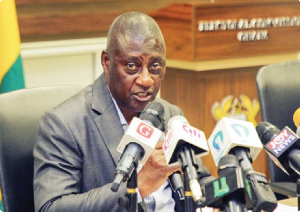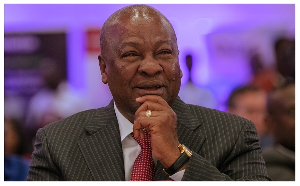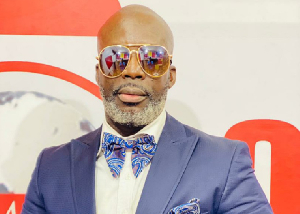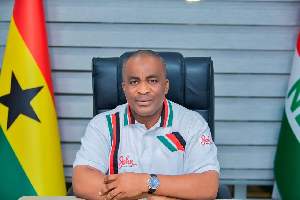


Zeqblog Blog of Saturday, 14 December 2024
Source: Okine Isaac
Who is most suited for the job? Meet the top four electoral commissioners for Mahama's new administration.
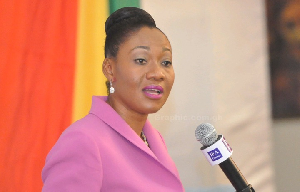
Ghana's Electoral Commission (EC), established by the 1992 Constitution and formalized by the Electoral Commission Act (Act 451) of 1993, is a significant entity in charge of regulating the country's elections and referendums. The Commission is made up of seven members: a chairman, two deputy chairpersons, and four additional members. Prior to the establishment of the EC, the Minister for Local Government managed elections under the First Republic. However, following the 1966 coup that deposed President Kwame Nkrumah, an interim election commission was established, which became permanent in 1971.
With the forthcoming 2024 general elections, there are concerns about possible leadership changes at the Electoral Commission, notably under President John Dramani Mahama's administration. The search for new Commission appointees is gaining traction, with some famous personalities under consideration for critical positions. Individuals who have previously served in various capacities within the EC include Georgina Opoku Amankwah, a former deputy chairperson, and Charlotte Osei, the EC's first female chairman. Osei's tenure was marred by controversy, which led to her removal in 2018 following allegations of financial malfeasance.
Another notable character is Jean Mensa, the current EC chairperson who presided over the 2020 and 2024 elections. Mensa's leadership has been critical in guiding the electoral process through demonstrations and legal obstacles. Dr. Kwadwo Afari-Gyan, who served as EC chairman for more than two decades, is still a powerful force in Ghanaian politics. As Ghana prepares for the 2024 elections, the leadership of the Electoral Commission will be critical in ensuring the legitimacy and integrity of the country's democratic processes.






